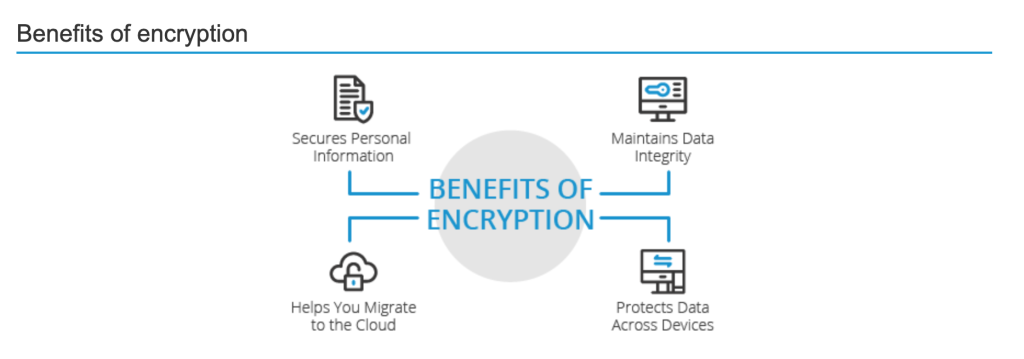This article discusses the challenges healthcare organizations face in maintaining HIPAA compliance when using live chat as a communication channel. It emphasizes the need for secure platforms, staff training on HIPAA regulations, and the implementation of policies and procedures. The article also provides best practices for securing PHI in live chat sessions and addresses the importance of monitoring and auditing to maintain compliance. Additionally, it suggests ways to balance security and convenience in live chat and highlights the potential challenges in maintaining HIPAA compliance.

Live chat and HIPAA compliance: Challenges and Solutions
Live chat has become a popular communication channel for consumers, but it’s important for healthcare organizations to maintain customer trust, especially when handling sensitive data like Protected Health Information (PHI). In this article, we explore the challenges healthcare organizations face in maintaining HIPAA compliance with live chat and provide practical solutions to ensure both security and convenience.
Understanding HIPAA and How It Affects Live Chat
The Health Insurance Portability and Accountability Act (HIPAA) was enacted to protect the privacy and security of PHI. Healthcare organizations need to choose a live chat solution that meets HIPAA’s security requirements. This includes features like encryption, access controls, and audit trails to track PHI access.
Training and Education
Healthcare professionals and staff engaging in live chat conversations must be trained on HIPAA regulations and best practices for handling PHI. The U.S. Department of Health and Human Services provides HIPAA resources, and Edd App offers free resources for understanding and implementing safe information processes.
Policies and Procedures
In addition to technical and training considerations, healthcare organizations must implement policies and procedures for live chat use. These policies should outline guidelines for acceptable use, data retention, and incident response. Regular audits and assessments should be conducted to ensure ongoing compliance with HIPAA regulations.
Best Practices for Securing PHI in Live Chat
Securing PHI in live chat requires encryption to encode messages and protect them from unauthorized access. Implementing HTTPS and multi-factor authentication adds an extra layer of security. Proper storage and retention policies should also be in place to minimize risk.
Balancing Security and Convenience in Live Chat
To provide a user-friendly experience while maintaining security, healthcare organizations can leverage secure messaging platforms designed for the industry. Privacy screens and private conversation areas in waiting rooms enhance patient privacy. Integrating multi-factor authentication and offering support resources within the live chat interface also contribute to convenience and security.
Protocols for Monitoring and Auditing Live Chat Sessions
Monitoring and auditing live chat sessions are crucial for maintaining HIPAA compliance. Real-time monitoring software can detect suspicious activity, and regular audits ensure ongoing compliance. Proactive measures like encryption protocols and staff training help prevent security breaches.
Identifying Challenges to Maintaining HIPAA Compliance
Technological limitations, human error, and lack of staff awareness can pose challenges to maintaining HIPAA compliance with live chat. Continual evaluation and updating of technologies, ongoing staff training, and ensuring employees understand HIPAA regulations are essential.
By understanding HIPAA requirements and adopting best practices, healthcare organizations can provide convenient live chat services while safeguarding patient data.
List of Useful Links:
- AI Lab in Telegram @aiscrumbot – free consultation
- Live chat and HIPAA compliance: Challenges and Solutions.
- Customer Experience and Customer Support Blog – LiveHelpNow
- Twitter – @itinaicom


























